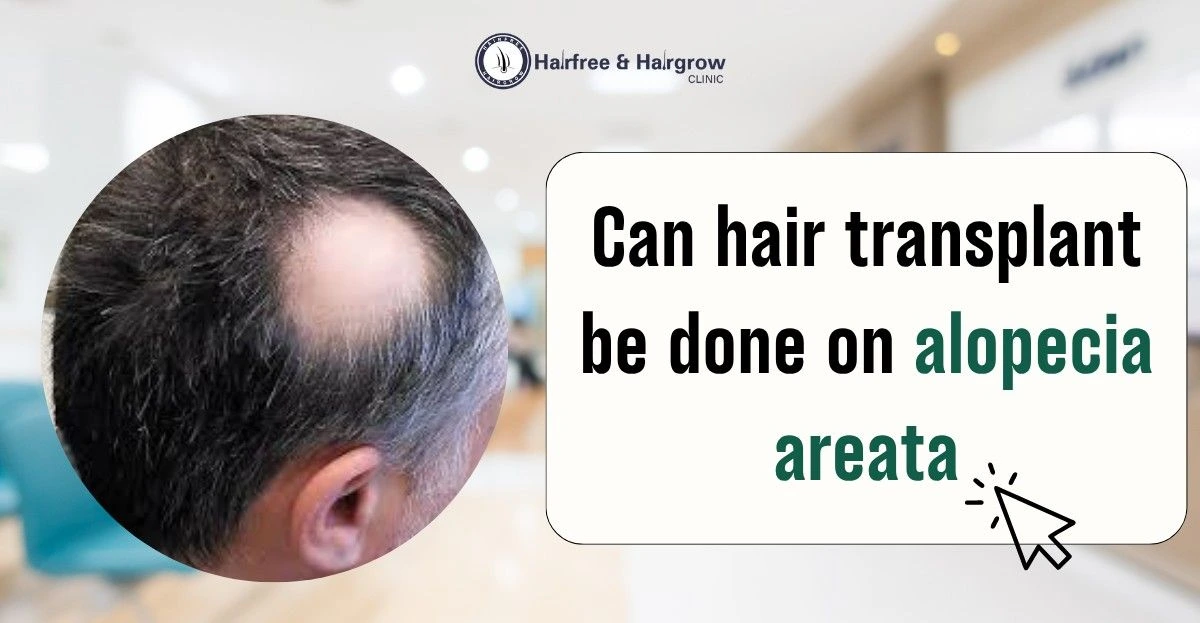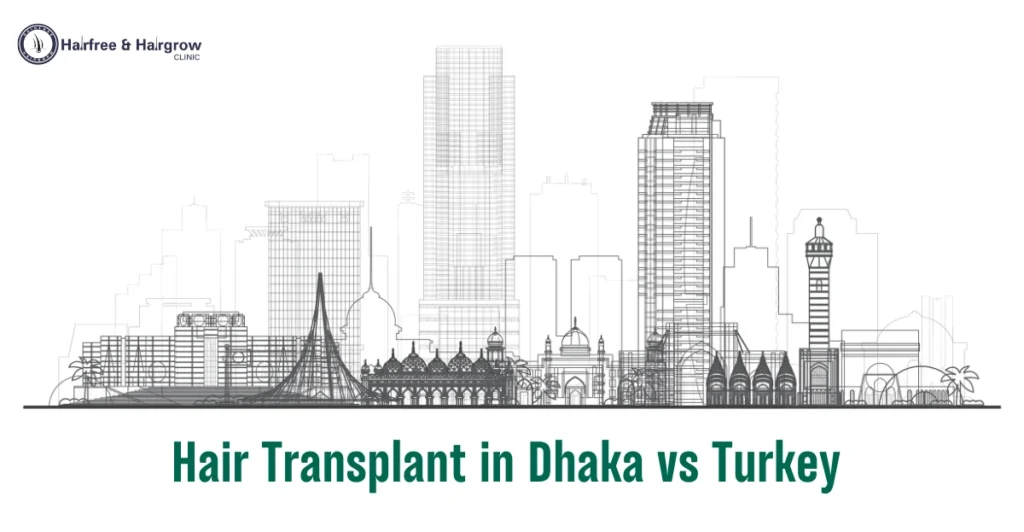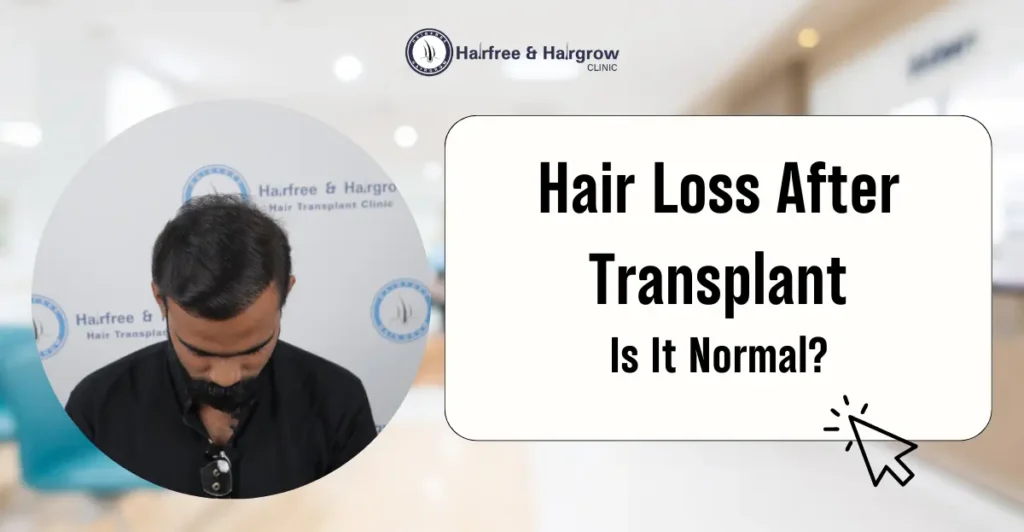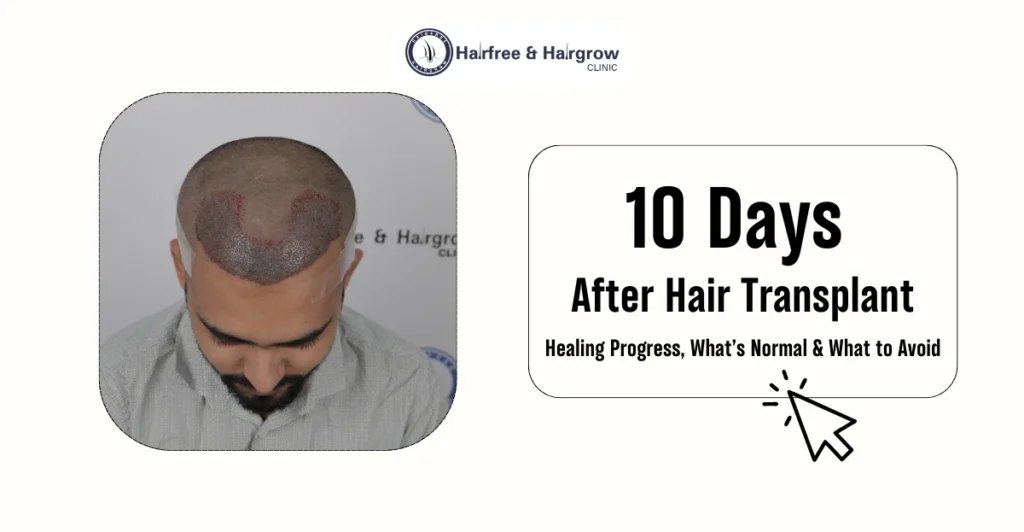Hair loss is an emotionally taxing experience for many, especially when it stems from autoimmune conditions like alopecia areata (AA). One of the most common patient inquiries we receive in our clinical practice is whether a hair transplant could serve as a viable solution for alopecia areata. Given the advancements in hair restoration technologies, it’s a fair question, but the answer is more nuanced than a simple yes or no.
Given the advances in hair restoration technology, it’s a fair question, but the answer is more nuanced than a simple yes or no.
Table of Contents

What Is Alopecia Areata, and Who Is Affected?
Alopecia areata is an autoimmune disorder in which the body’s immune system mistakenly attacks the hair follicles, leading to patchy hair loss, primarily on the scalp but sometimes affecting the eyebrows, beard, and other areas.
Key Facts:
- Prevalence: Affects approximately 1–2% of the population globally.
- Age of Onset: Can occur at any age, but is most common in children and young adults.
- Pattern: Typically presents as well-defined bald patches, but can progress to:
- Alopecia totalis (complete loss of scalp hair)
- Alopecia universalis (total loss of body hair)
Causes and Risk Factors:
- Genetic predisposition (runs in families)
- Environmental triggers (stress, infections)
- Association with other autoimmune conditions (thyroid disease, vitiligo, atopic dermatitis)
Why Don’t Hair Transplants Work for People with Alopecia Areata?
Hair transplant procedures are designed for stable hair loss, most commonly androgenetic alopecia (male or female pattern baldness). Unfortunately, alopecia areata is not a stable condition; it’s episodic and immune-mediated, which significantly limits transplant success.
Key Challenges:
- Autoimmune Relapse: Transplanted hair follicles may be attacked by the immune system, just like the native ones.
- Unpredictable Progression: AA often recurs spontaneously, sometimes even years after remission.
- Inflammatory Environment: The immunologically hostile scalp environment can inhibit graft survival.
Clinical Insight: In our practice, we’ve seen transplanted grafts fail even in patients with years of remission due to reactivation of the disease.
Are Alopecia Areata Hair Transplants Ever Successful?
In very select cases, hair transplantation may be partially successful but only under specific conditions:
When It Might Work:
- Localized AA with long-term remission (3+ years without relapse)
- Single patch involvement that hasn’t expanded or changed for years
- Absence of active inflammation on biopsy or trichoscopy
Cautions:
- High failure rate: Even under ideal conditions, success is unpredictable.
- Risk of Koebner phenomenon: Surgical trauma may trigger new patches of AA at the donor or recipient site.
- Limited cosmetic benefit: Patchy success can result in unnatural hair distribution.
Evidence:
- For AA, most experts advise against transplantation unless disease has been completely inactive for years, and even then, success is highly variable and depends on recurrence risk
Reference:
https://www.oaepublish.com/articles/2347-9264.2023.138
https://pubmed.ncbi.nlm.nih.gov/40439233/
Conclusion: While technically feasible in rare, stable cases, hair transplant is not a standard or recommended treatment for alopecia areata.
What Treatments Are Effective for Alopecia Areata?
Effective treatment for AA focuses on immune modulation and stimulating hair regrowth. There is no universal cure, but several FDA-approved and off-label options can induce remission or regrowth.
First-Line Therapies:
- Intralesional corticosteroids (e.g., triamcinolone injections)
- Topical corticosteroids for children or less severe cases
Second-Line/Advanced Therapies:
- JAK inhibitors (e.g., baricitinib, ruxolitinib): Recently FDA-approved for severe AA
- Topical immunotherapy (e.g., diphencyprone)
- Minoxidil (adjunctive treatment, topical or oral)
Alternative/Adjunct Therapies:
- Platelet-rich plasma (PRP): Mixed results in AA but promising in some small studies
- Low-level laser therapy (LLLT): May help in early or mild cases
- Lifestyle modification: Stress management, anti-inflammatory diet
Our Take: Treating the underlying immune dysfunction is always the priority. Cosmetic options like wigs, scalp micropigmentation, or hairpieces may be better suited than surgical procedures during active disease.
What Types of Hair Loss Can a Hair Transplant Treat?
Hair transplant surgery is most effective for non-inflammatory, non-autoimmune, and stable types of hair loss. These include:
Ideal Candidates:
Androgenetic alopecia (AGA): The most common indication for FUE or FUT procedures
Scarring alopecia (in stable remission): From trauma or surgery
Hairline lowering or reconstruction for cosmetic reasons
Not Ideal:
Telogen effluvium: A temporary, diffuse shedding condition
Trichotillomania: Behavioral issue; high risk of recurrence
Active scarring alopecia (e.g., lichen planopilaris, frontal fibrosing alopecia)
Key Point: The success of a transplant is highly dependent on the underlying cause and whether the scalp environment can support new follicles long-term.
Final Thoughts
While the desire to restore hair loss with transplantation is completely understandable, alopecia areata is not typically a transplantable condition due to its autoimmune and unpredictable nature.
Our advice, based on decades of dermatologic and surgical experience, is to:
- Focus on medical management first
- Seek treatment from a board-certified dermatologist
- Avoid surgical options unless the disease is proven inactive for years.
- Explore non-surgical cosmetic options to maintain quality of life

Written By
Medical Officer & Hair Transplant Surgeon
Dr. Nazmin Sultana Nipa is a distinguished hair transplant doctor in Bangladesh, known for her advanced skills in hair restoration. As a Medical Officer and Hair Transplant Surgeon, Dr. Nipa combines her extensive experience in the field with a focus on transparency and patient-centered care.
Disclaimer
We’ve made all possible efforts to ensure that the information provided here is accurate, up-to-date and complete, however, it should not be treated as a substitute for professional medical advice, diagnosis or treatment. See Detailed Disclaimers Here.



